Hello! Happy Wednesday! Here’s a little something different this week, a handful of the books of my spring reading list. I find books to be a useful prescription for so much — healthier perspectives, fresh ways to tackle work, deeper understandings of illness.
“What an astonishing thing a book is. It's a flat object made from a tree with flexible parts on which are imprinted lots of funny dark squiggles. But one glance at it and you're inside the mind of another person, maybe somebody dead for thousands of years. Across the millennia, an author is speaking clearly and silently inside your head, directly to you. Writing is perhaps the greatest of human inventions, binding together people who never knew each other, citizens of distant epochs. Books break the shackles of time. A book is proof that humans are capable of working magic.”— Carl Sagan, Cosmos
& thanks to the London Writers’ Salon for this quote
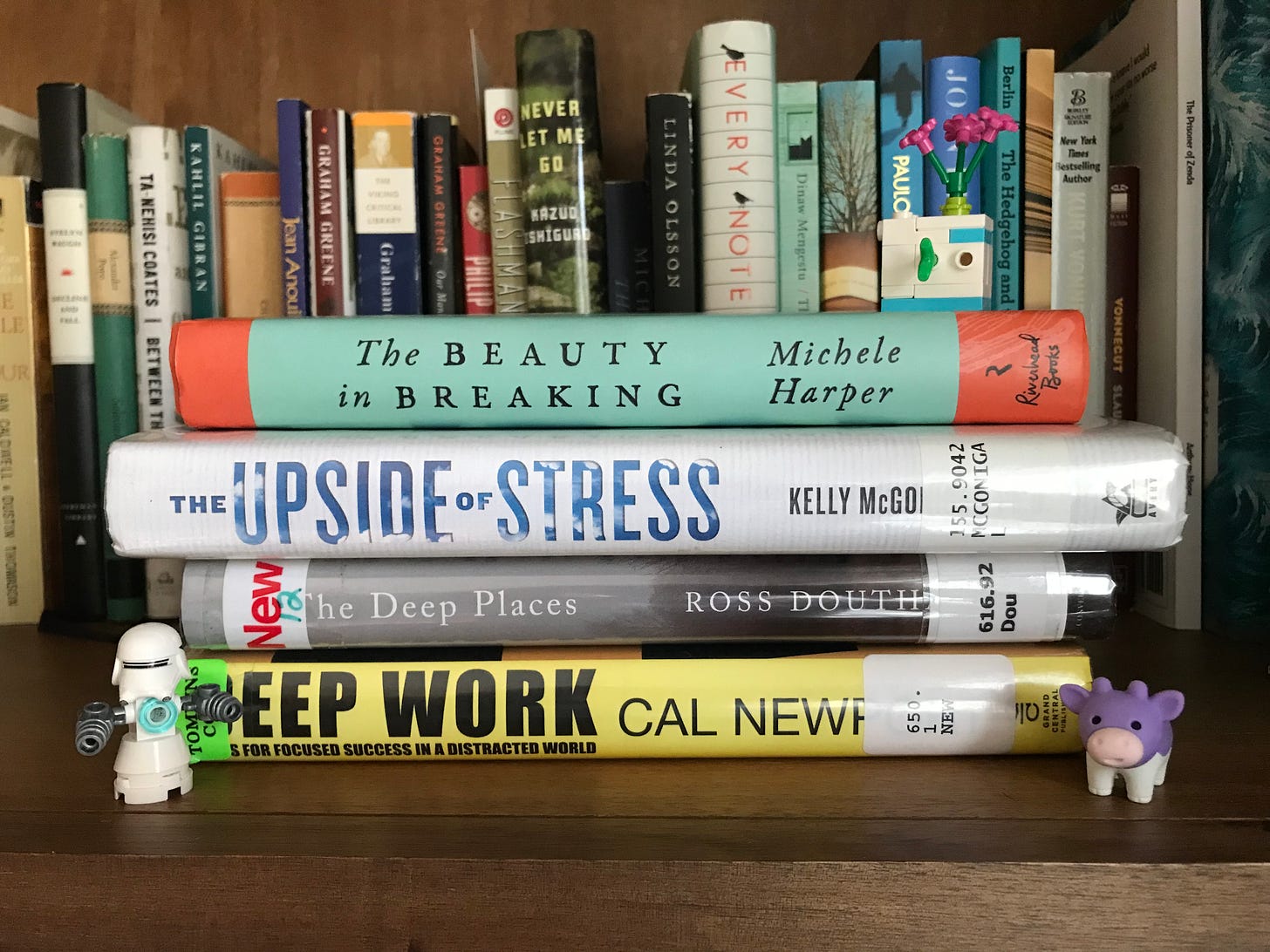
1} The Upside of Stress by Kelly McGonigal, PhD
The Upside of Stress has been a surprise over and over again. Subtitled Why Stress is Good For You, and How To Get Good At It, it debunks the commonly held modern belief that stress is bad.
Our bodies actually respond to stress in useful ways, releasing heart-protecting chemicals, for instance, or chemicals that increase our likelihood to bond with others. She details about how there are more kinds of stress responses than just the fight or flight or freeze, and that they are helping us in the moment.
How we think about stress makes a difference, too, studies have shown. When we notice our body responding and think of it as a good thing rather than a bad thing, that actually changes the impact, too. Whew. It’s a lot to contemplate. There may be a whole other Odyssey post on stress coming up.
2} The Beauty in Breaking by Michele Harper, MD
This is only book on the list that I’m rereading. The Beauty in Breaking is a memoir from a wonderful physician who chronicles challenges through a troubled childhood, the breakup of her marriage, and racism laced through the healthcare system. Dr. Harper details scenes that I’ll never forget, of her life and of her patient’s lives — all told with immense compassion and exquisite language. She finds strengthen and beauty in the breaking, in the difficulties.
I first read The Beauty in Breaking for last year’s Summer Reading List for Compassionate Clinician, an annual list I help assemble at the Gold Foundation. This June, the Gold Foundation is honoring Dr. Michele Harper at its Annual Gala this year, so I’m eager to reread it. (Another amazing physician-writer is also on the honoree list, Dr. Danielle Ofri.)
3} Deep Work by Cal Newport
I fascinated by the kind of work that we humans love to do, especially creative, innovative work in that zone of concentration, the one that makes hours fly by. Cal Newport defines Deep Work as “Professional activities performed in a state of distraction-free concentration that push your cognitive capacities to their limit. These efforts create new value, improve your skill, and are hard to replicate.” This is the opposite of the “Shallow Work,” which most modern jobs are full of — answering emails, for example, while multi-tasking. He offers a nice mix of reasons why Deep Work matters, helping to persuade us to actually make time for it, plus practical ways to go about it.
4} The Battle Within by Jana Steck
I met Jana in a creative workshop earlier this year. She has been a dancer since she was a little girl, and grew up to study dance at the University of Montana and our with The Montana Transport Company, a modern repertoire dance company. But exhaustion plagued her for decades, and symptoms kept mounting: migraines, dizziness and a tremor. Four dramatic health events finally led to a diagnosis of Lyme disease, As she began to heal, another surprise diagnosis emerged. The Battle Within is her memoir, out on ebook now and soon in print, which I’m looking forward to reading.
5} The Deep Places by Ross Douthat
I just finished The Deep Places, and I flew through it at a startling speed, as I’m normally slowly puzzling a few pages in the nooks and crannies of life. Ross Douthat is a writer I knew simply as a conservative columnist at The New York Times. This book delves into an entirely personal realm, his years-long struggle with vexing Lyme Disease and his quest to get better. This is nothing new to those who have had Lyme Disease or have loved ones with this difficult illness, which can hide and borrow deep and act through myriad awful symptoms. But it is shocking if you know little about Lyme Disease (as I did) beyond that is causes a bulls-eye mark (not always) and responds to antibiotics (not always). He has done a great service, I think, by using his wide readership to seriously chronicling the efforts of someone who is sick and not helped — even abandoned, as in, “it’s all in your head” — by the mainstream medical guidance. In desperation, he tries all sorts of remedies, and what ends up helping is surprising. It’s a fascinating read.
In the end, he writes:
“I am writing this story in part for those who are chronically suffering, more numerous than the healthy ever realize—to give them hope that their condition can be changed even if it can’t be eliminated, that they might be able to save their own lives even if they feel abandoned by their doctors, that they might, like me, be able to get, not fully well yet, but better, genuinely better.
“But I am also writing for the skeptical doctors and doubtful experts who are so often the targets of long-suffering Lyme patients’ fury and suspicion, in hopes of convincing them to see more clearly the enfleshed reality of a chronic, life-stealing disease.”
Between the two memoirs of tick-borne illnesses, I will be checking and spraying for ticks at a new level this year.
I’d really love to hear what books are on your nightstand, what books have been unforgettable for you lately, what books have helped your own health.
I hope you have a lovely rest of the week, and I’ll see you on Sunday!
To our journeys and healthier days ahead,
Brianne


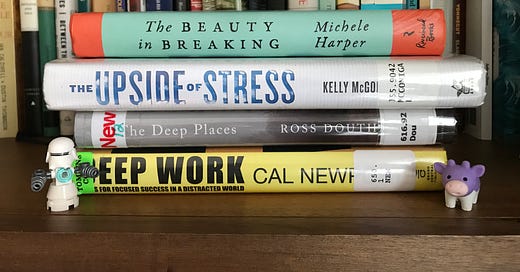

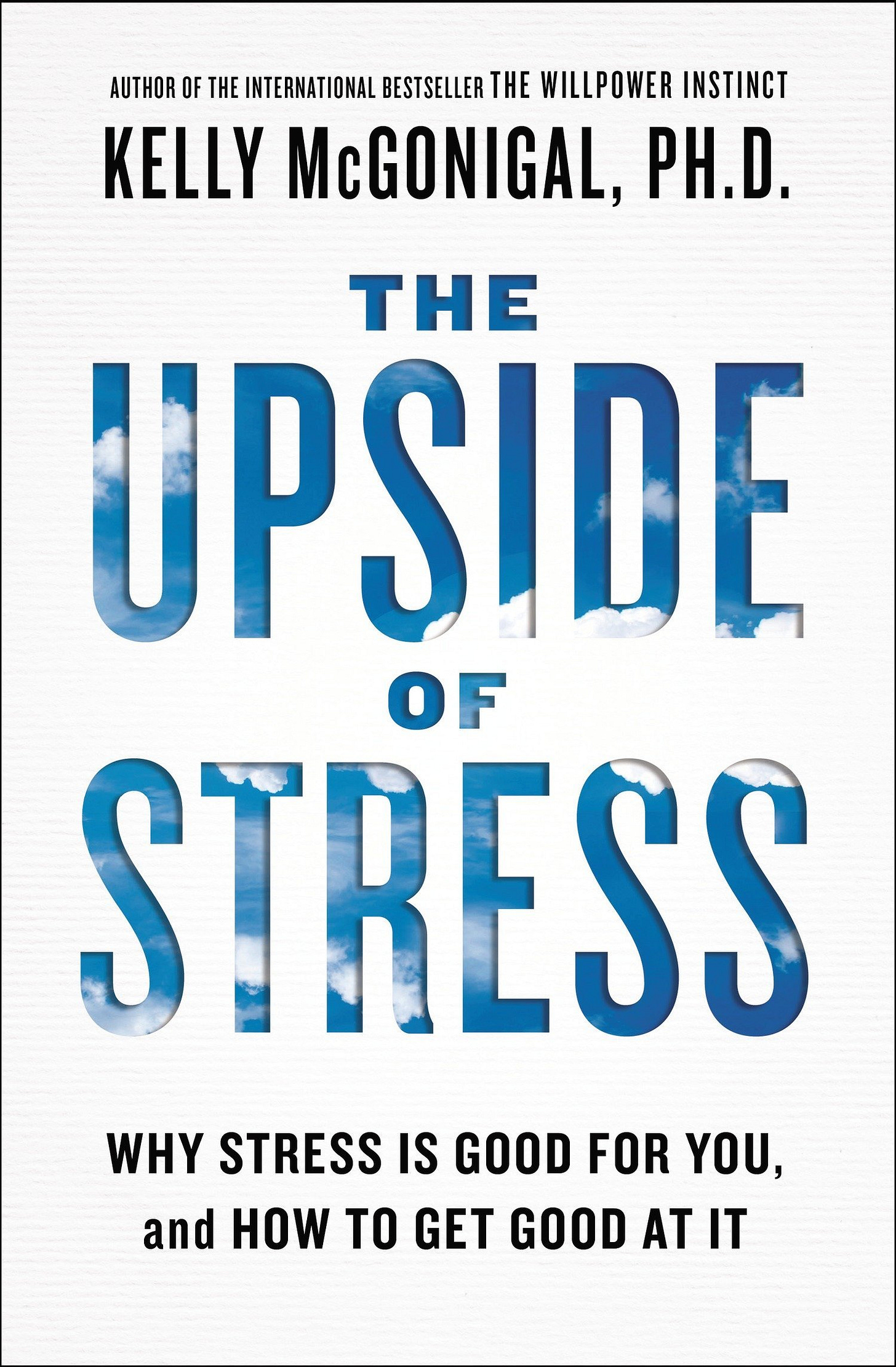
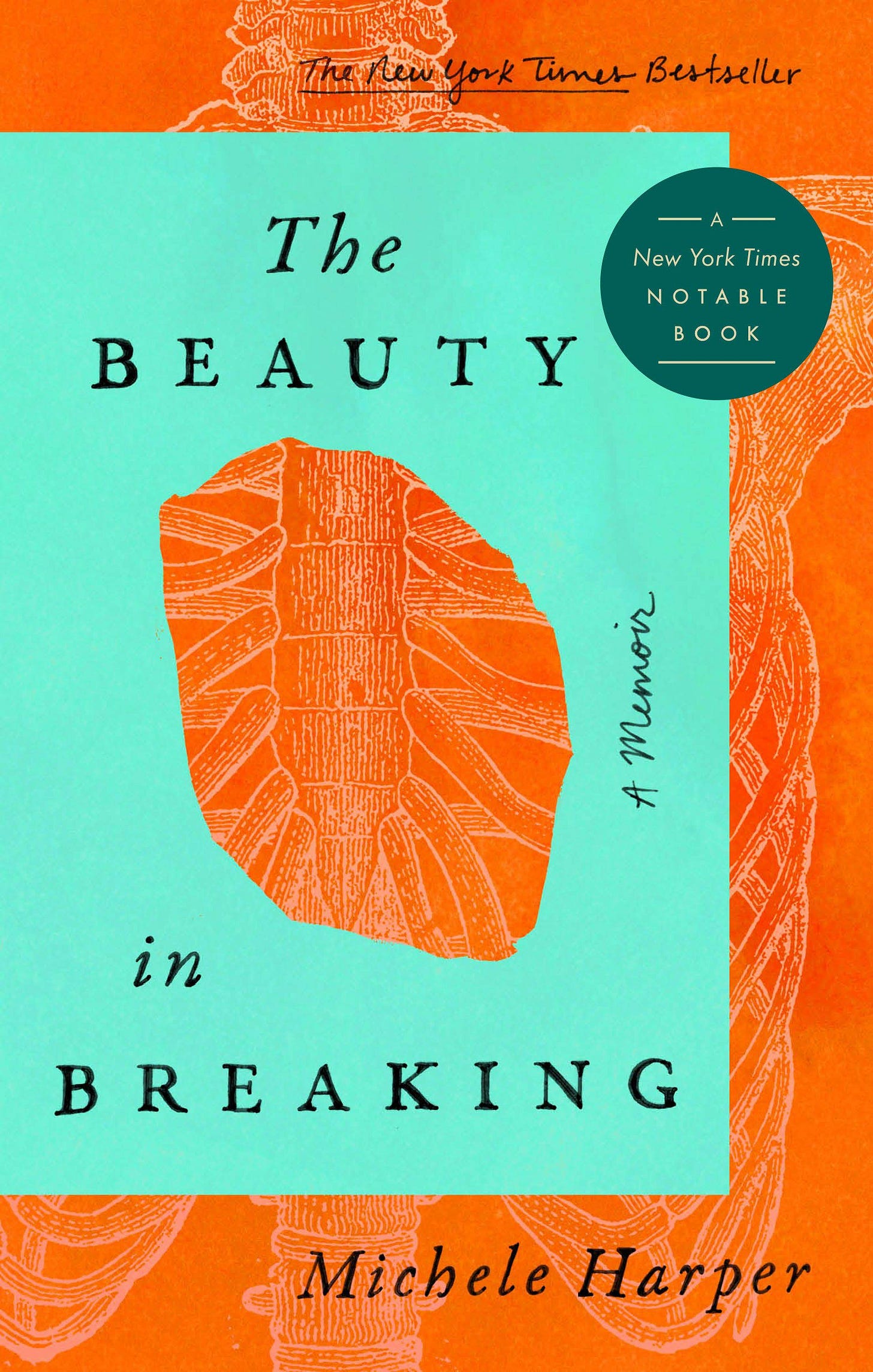
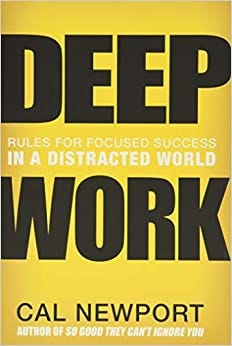
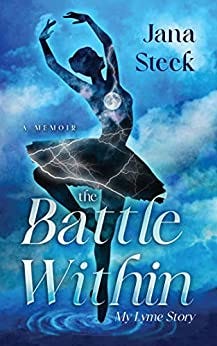
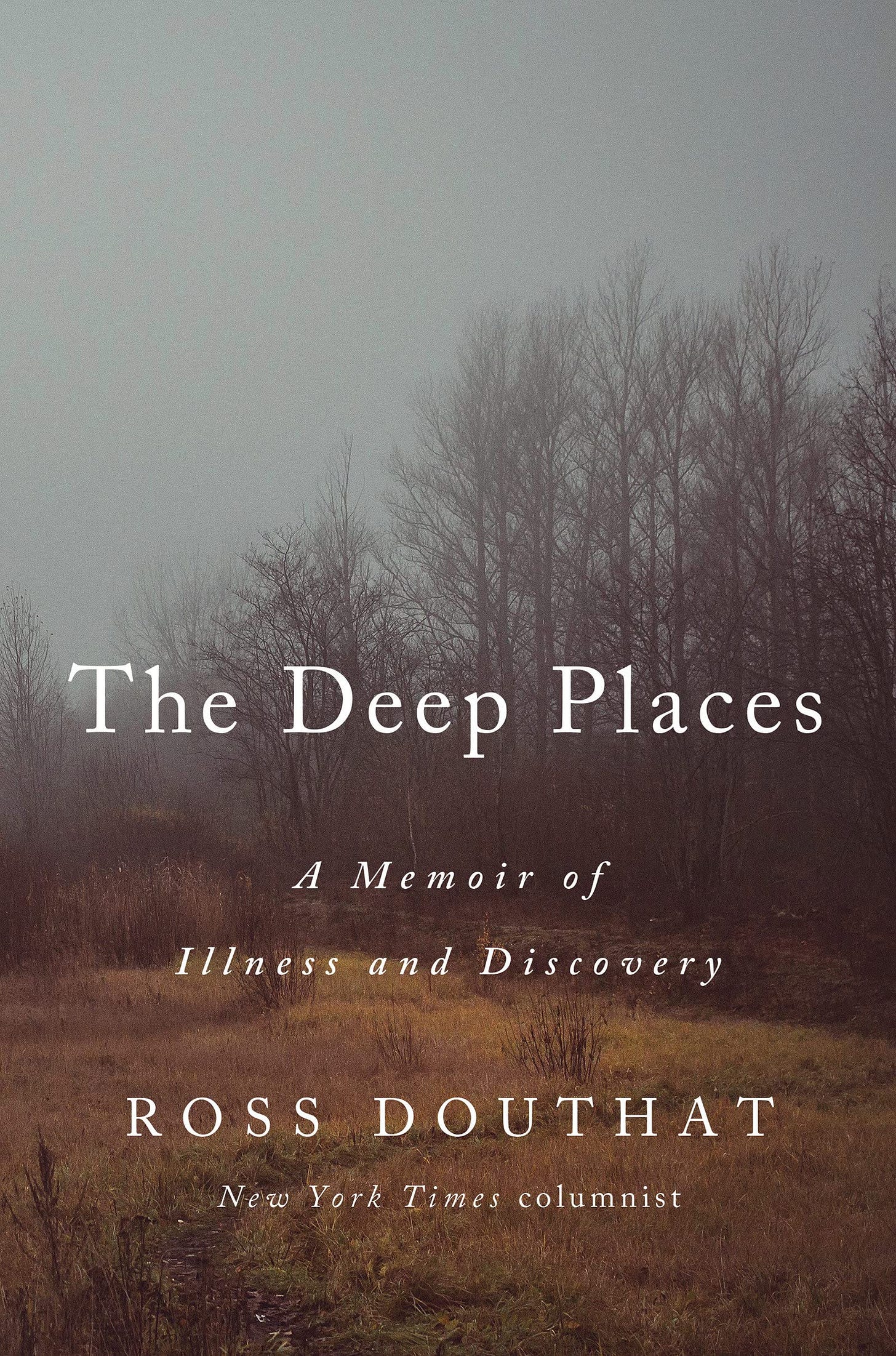
The Upside of Stress is one of my all time favorites! So much to think about and I love the way she reframes stress in some situations as preparation to be at our best. This has helped me over the years when I'm nervous about things like giving presentations or putting work out in the world.
Some great book recommendations. Though I haven’t read his book, I’ve followed the plight of columnist Ross Douthat as he grappled with chronic and disabling Lyme disease. It’s sad that the medical profession is so close-minded about considering the anguish of one who is grappling with such a constellation of life- limiting symptoms. Part of it is the time pressure that contemporary clinicians face. Part of it is the rigid dogmatic thinking involved in diagnostic classification. And sadly, part of it is due to the dogmatic pronouncements of a ruling medical elite who can punish those who think outside of the mainstream.